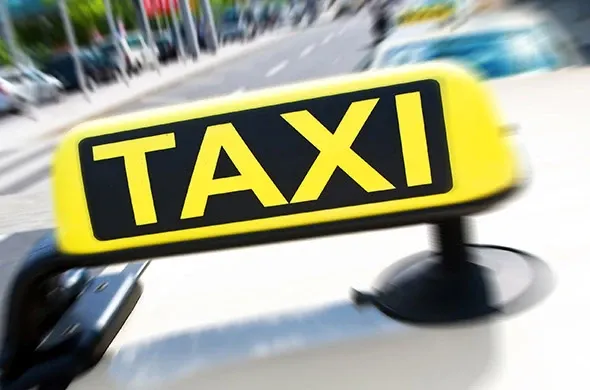Siemens Opens Its Largest Global Research Hub
Siemens has opened the first building complex of its Technology Center (STC) at Garching Research Campus, north of Munich, Germany.

Uber lost a lawsuit over pay and vacation time for U.K. drivers at the car-sharing service in a ruling that could change how workers are treated in the country’s burgeoning gig economy, according to Bloomberg.
Three London tribunal judges turned to “Hamlet“ as they criticized Uber for "grimly" sticking to “faintly ridiculous" arguments that it is an application provider rather than a taxi service. The case, brought by two Uber cabbies, is the first against the company in Britain and could have ramifications for more than 40,000 people in the U.K.
"We cannot help be reminded of Queen Gertrude’s most celebrated line: The lady doth protest too much," employment Judge Anthony Snelson said in the ruling in reference to one executive’s evidence. It’s "unreal to deny that Uber is in business as supplier of transportation services. Simple common sense argues to the contrary.
Winnings at London’s employment tribunals are capped at about 80,000 pounds unless claimants can prove they’ve been victims of discrimination or were mistreated for blowing the whistle on corporate misconduct.
The decision could have wide-ranging impact for the group of technology companies that connect freelance workers with customers. Among these companies are food delivery services like U.K.-based Deliveroo and Berlin-based Foodora, a brand that is run by Rocket Internet’s Delivery Hero.
Uber has faced a wave of litigation around the world centering on the status of its drivers. In New York City earlier this week, the taxi drivers’ union and individual drivers sued Uber, claiming it engaged in "wage theft" by not paying minimum wage or overtime. Some of the same drivers and the taxi union had previously filed a different suit in U.S. federal court alleging Uber violates the U.S. Fair Labor Standards Act and New York labor law.
Uber has faced similar actions too in the U.S. states of Arizona, California, Florida. Maryland, Massachusetts and Ohio. In those cases, Uber has so far been largely successful in arguing that drivers must take their disputes with the company to private arbitration, which makes it more difficult for the drivers to pursue a class action lawsuit against the company.
Meanwhile, in Europe, Uber’s French subsidiary was fined 50,000 euros ($55,000) by a tribunal in Lille which ruled Uber engaged in deceptive marketing by presenting what was essentially a paid transport service as a peer-to-peer car-sharing marketplace. Uber’s low-cost UberPop service has also been banned in France and the Netherlands for using unlicensed drivers.